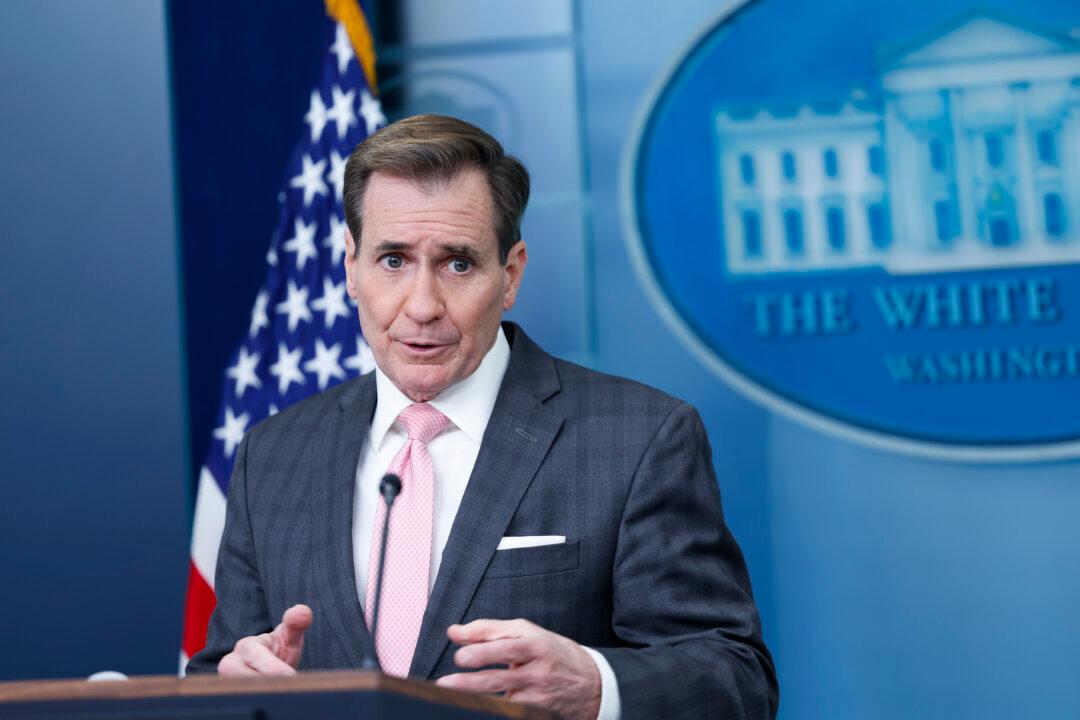Israeli plans to expand settlements in the West Bank have drawn rebuke from President Joe Biden’s administration, who have called the plans “counterproductive” to efforts at a peaceful settlement of the long-running conflict in the region.
The West Bank has been the site of ongoing violence between the territory’s Palestinian Arab majority and Israeli settlers increasingly building settlements within the territory. A trio of attackers opened fire on motorists in the Israeli settlement community of Ma'ale Adimum on Thursday, killing one and injuring eight others.





